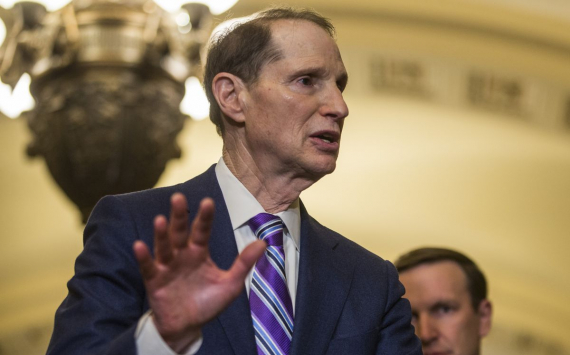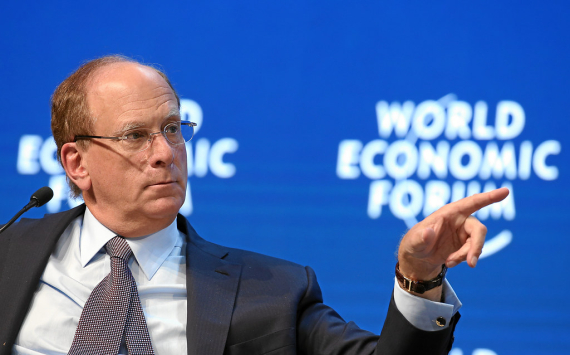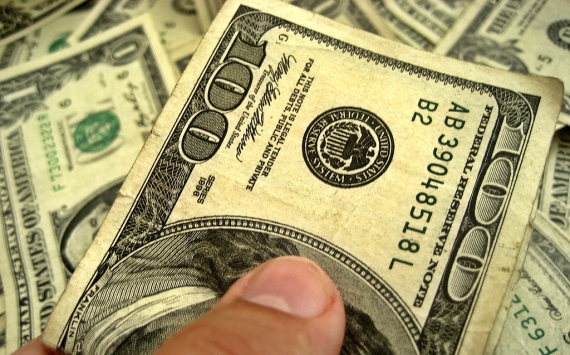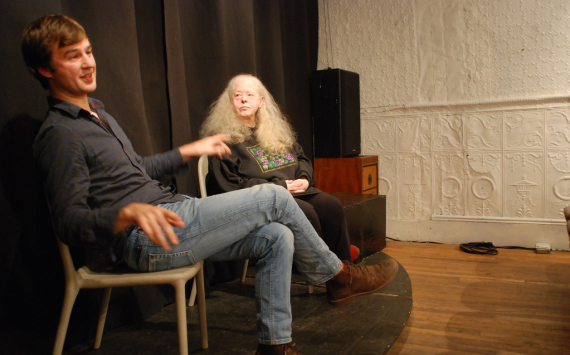
Tax hike bill
A top Democrat in the House has questioned a new Senate plan to tax the unrealized capital gains of billionaires and other ultra-high earners, arguing that the proposal may be too difficult to implement.
The proposal that Ron Wyden, the Senate Finance Chairman in Oregon, wants to announce this weekend, would tax the earnings of so-called billionaires by $1 billion in income or $100 million in income for one year in a row. The Democratic Party wants to raise at least $200 billion in new tax revenue over the next 10 years, and not just stocks, but also other assets such as real estate, bonds and works of art. People get to take the deduction for the loss of net worth each year.
But House member Richard Neal, chairman of the committee on tax return methods and techniques, said Monday that he told Wyden during the debate that administering the tax proposed by the senator for billionaires is "a little more complicated."
Neal, R-Massachusetts, suggested that the House tax hike bill, which repealed a major part of the Republican Tax Cuts and Jobs Act of 2017, was simpler and easier to pass.
Under the measure, the maximum individual income tax rate would rise to 39.6 percent from 37 percent for married couples who report taxable income over $450,000 and for individuals who report more than $400,000. The corporate tax rate would increase to 26.5% from 21% for businesses generating more than $5 million in income. The bill also included a 3% surcharge on individual income exceeding 5% and increased the maximum tax rate on capital gains proceeds from the sale of an asset from 20% to 25%.
Although the House proposal was closer to President Biden's original tax strategy of funding his signature savings spending plan, Democrats had to rethink different ways to raise revenue after one key Democrat, Sen. Kyrsten Sinema, R-Arizona, objected to tax increases for wealthy corporations and wealthy Americans. With the smallest possible majority in the Senate, the Democrats had no extra votes.
Nevertheless, despite Sinema's rejection, Neal hinted that the House measure was not yet fully ruled out.











































